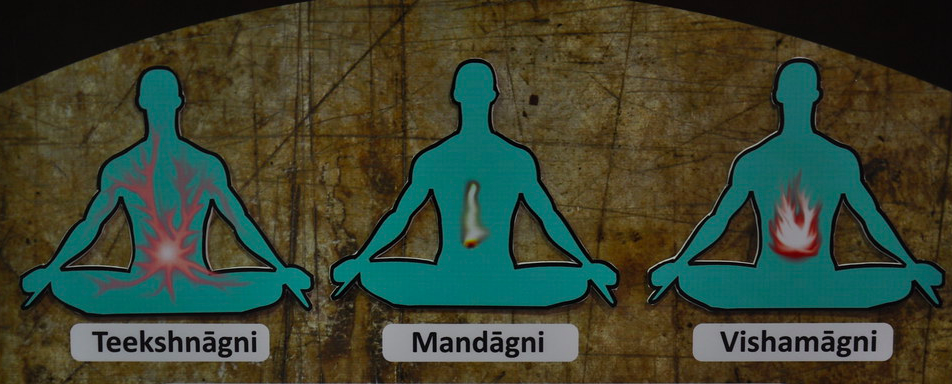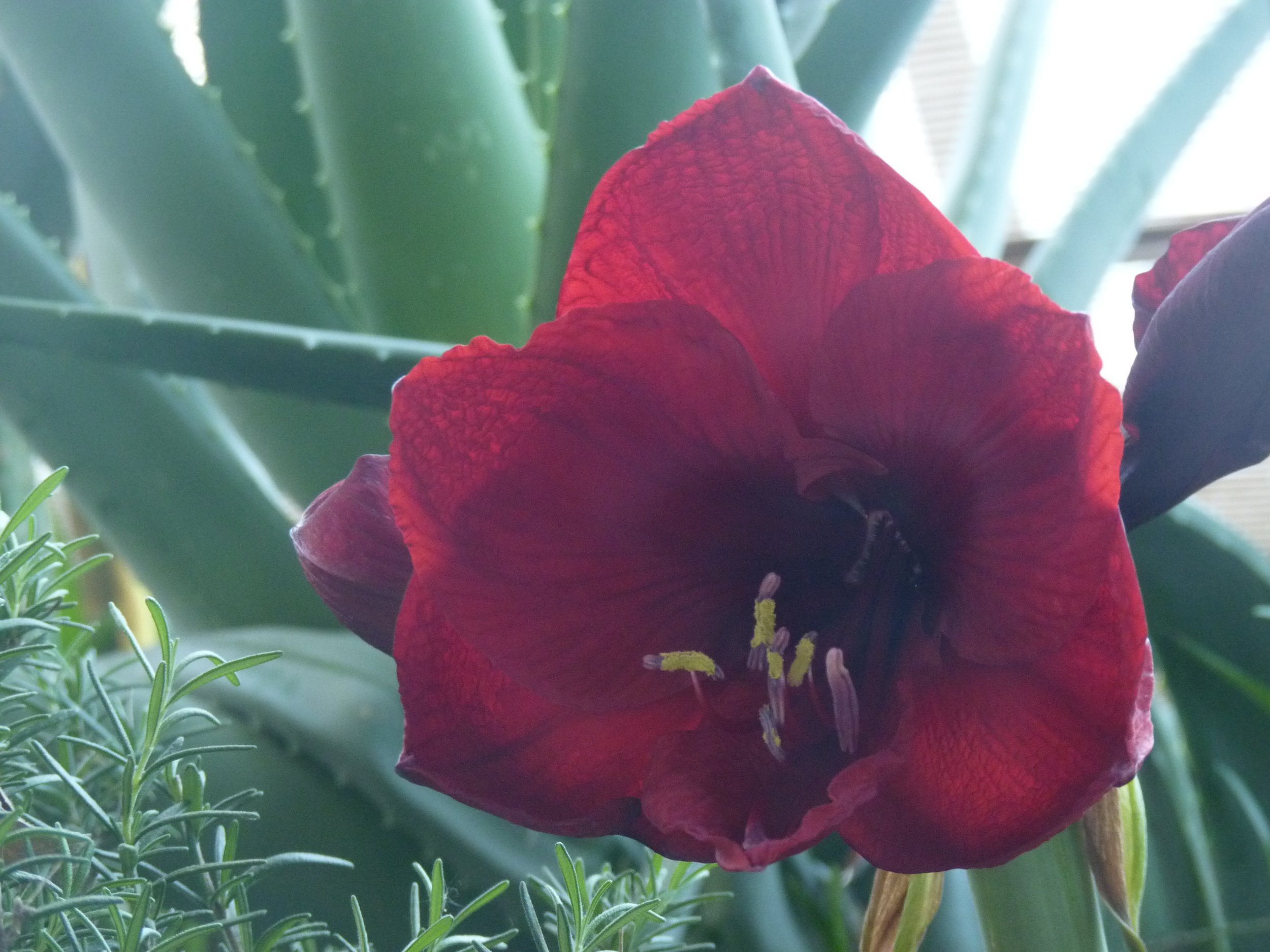Resolve to Cleanse
/January is all about resetting and resolving to upgrade our self-care. This January, resolve to do an Ayurvedic spring cleanse. Officially known as panchakarma, an Ayurvedic cleanse helps restore our digestive fire, balance the doshas and remove accumulated toxins. It is believed to improve immunity and support longevity.
Let’s start planning for your panchakarma cleanse while the year is still young. Spring will be here before you know it, and panchakarma takes preparation and planning. First of all, set an appointment with your Ayurvedic practitioner, to get started on the process. They will evaluate your health situation and give specific recommendations to help you prepare for your cleanse. You’ll be given detoxifying herbs to start the cleansing process and a specific, tailored plan for your panchakarma.
Next, evaluate your resources. You’ll need some time off work to do panchakarma. Ideally, plan time off in March or April, although if you are in an academic setting, as a student or faculty, later May after the academic year ends might work better. Think about your budget for panchakarma. There are a range of options, from high end, receiving oil massages, sweat treatments and shirodhara from a professional, to lower end—doing home panchakarma with the support and supervision of your practitioner and their team. At Alandi, we work within your budget to create an effective and affordable plan.
Third, clean up your act. We talked last week about the dangers of ultra-processed foods. In preparation for panchakarma, you’ll want to begin a gradual process of removing them from your diet. Look into your habits as well. Do you smoke or vape tobacco or cannabis? You’ll want to wean off in preparation for panchakarma. How does alcohol factor into your life? Perhaps you’ve embraced Dry January but are looking forward to getting back to your normal level of alcohol consumption as soon as February is here. Perhaps you are a regular drinker, with alcohol being an important part of your social life or coping mechanisms. Prepare for panchakarma by weaning off alcohol—and drugs too if you use them--because you won’t be able to drink or use during or for a significant amount of time after your cleanse. The same applies to microdosing psychedelics and having ketamine or MDMA sessions. Leave that aside until you have completed your pre-cleanse, cleanse and the subsequent rejuvenation process.
Spring may seem far off, but as Shelley famously said, ‘If winter comes, can spring be far behind?’ The daily growing of the light reminds us to grow in strength and vibrancy. How better to do that than with the anticipation of a special time of rest, cleansing and rejuvenation?
Alakananda Ma M.B., B.S. (Lond.) is an Ayurvedic Doctor (NAMA) and graduate of a top London medical school. She is co-founder of Alandi Ayurveda Clinic and Alandi Ayurveda Gurukula in Boulder Colorado, as well as a spiritual mother, teacher, flower essence maker and storyteller. Alakananda is a well known and highly respected practitioner in the Ayurveda community both nationally and internationally.
Enliven your holistic health! Visit Alakananda Ma in Alandi Ashram’s ayurvedic clinic to support the overall rejuvenation of your body, mind, and spirit. In-person and virtual appointments available. Book now!





























